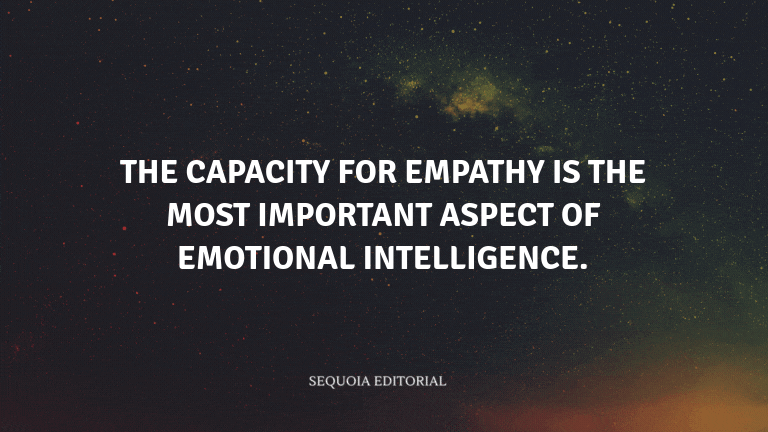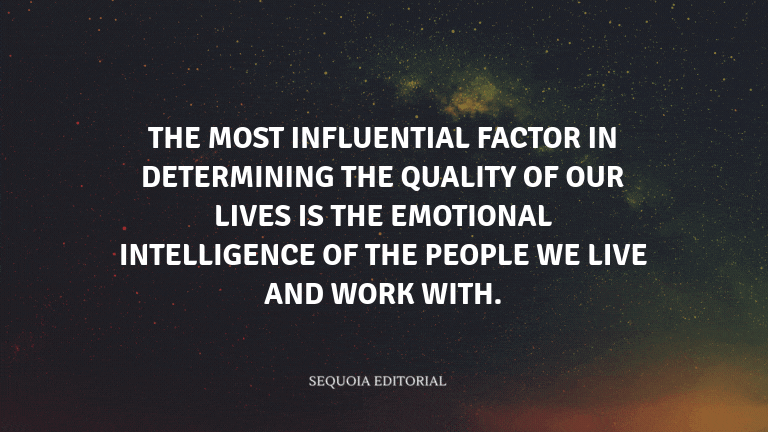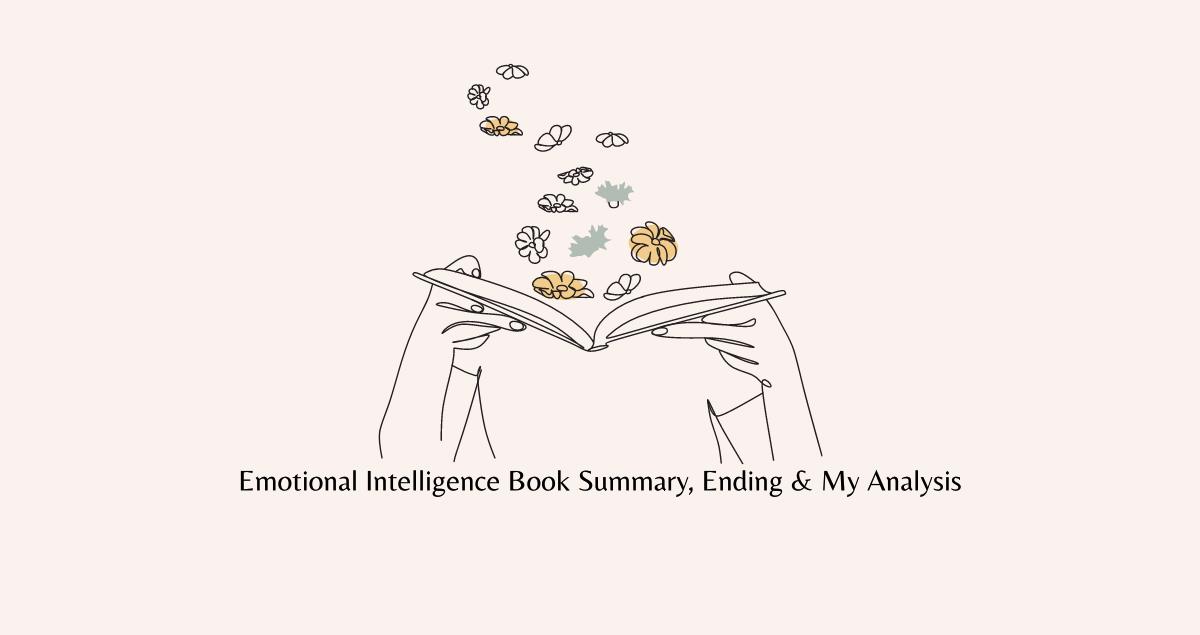Emotional Intelligence is about the ability to recognize, understand, and manage emotions in oneself and others. Through compelling stories and practical advice, it delves into the impact of emotional intelligence on every aspect of our lives, from personal relationships to professional success.
Table of Content
Emotional Intelligence Book Summary
Daniel Goleman's "Emotional Intelligence" delves into the realm of emotions and their impact on our lives. The book is divided into five parts, each focusing on different aspects of emotional intelligence.
Part one introduces the concept, explaining how emotions are the foundation of intelligence and influence everything we do. Goleman presents scientific research that shows how emotional intelligence often surpasses traditional intelligence in determining success and happiness.
Part two delves into the core skills that make up emotional intelligence: self-awareness, self-regulation, motivation, empathy, and social skills. Each skill is discussed in detail, with real-life examples demonstrating its importance.
Part three explores the role of emotional intelligence in personal relationships. It examines how our emotional awareness and regulation affect our interactions with others, from romantic partners to children, and how empathy is the cornerstone of healthy relationships.
Part four shifts the focus to the impact of emotional intelligence in the workplace. It discusses how leaders with high emotional intelligence create productive and positive work environments, and it emphasizes the importance of social skills and empathy for effective collaboration and leadership.
Part five, the concluding section, looks at the larger implications of emotional intelligence. Goleman discusses how it can be taught and how it can lead to a more emotionally intelligent society. He examines the link between emotional intelligence and physical health, and the potential for emotional intelligence to promote world peace.
Throughout the book, Goleman uses stories and examples to illustrate his points. These range from personal anecdotes to the experiences of notable individuals, such as business leaders and influential figures like the Dalai Lama.
He emphasizes that emotional intelligence can be developed at any stage of life and is crucial for personal and professional success. The book is a call to action to recognize the significance of emotions in everything we do and to cultivate this vital skill set.
Emotional Intelligence Quotes
- The capacity for empathy is the most important aspect of emotional intelligence.

- The most influential factor in determining the quality of our lives is the emotional intelligence of the people we live and work with.

Emotional Intelligence Ending Explained
At the end of Emotional Intelligence, the reader is left with a deep understanding of the impact of emotions on every aspect of our lives. It is clear that emotional intelligence is not fixed, but rather a skill that can be developed with effort and practice.
The book highlights the importance of empathy and understanding in relationships, as well as the critical role of emotional intelligence in leadership and the workplace. Goleman's thought-provoking insights challenge the traditional views of intelligence and pave the way for a more emotionally aware society.
Ultimately, the reader is inspired to reflect on their own emotional strengths and weaknesses, and to consider the profound influence that emotional intelligence can have on their personal and professional success and well-being.
Characters in book Emotional Intelligence
- Daniel Goleman: The author and researcher who introduced the concept of emotional intelligence to a wide audience, providing insights through scientific studies and real-life examples.
- The Dalai Lama: A prominent figure in the book, he represents the values of compassion and emotional understanding, and he collaborates with Goleman to explore the significance of emotional intelligence within the context of global harmony.
- Notable Minor Characters: Various individuals, from business leaders to children, whose experiences and behaviors illustrate the different facets of emotional intelligence and its impact on their lives.
Key Lessons
- Emotions Matter: Our emotional intelligence is a key determinant of success and happiness, often surpassing traditional measures of intelligence.
- Self-Awareness is Fundamental: Understanding our own emotions and their impact on our thoughts and behavior is the first step to developing emotional intelligence.
- Control is Essential: Learning to manage and regulate our emotions allows for better decision-making and improved relationships.
- Motivation is Personal: Intrinsic motivation, driven by personal values and goals, is at the core of high emotional intelligence.
- Empathy is Vital: The ability to understand and feel for others is a crucial skill that underpins successful personal and professional relationships.
- Communication is Key: Effective communication and social skills are the external manifestations of emotional intelligence, impacting our ability to influence and collaborate with others.
My Personal Opinion
Is Emotional Intelligence worth reading? I would say yes, I found it to be a profound and enlightening exploration of a topic often overlooked in traditional education.
I was struck by the depth of research and the undeniable impact of emotions on our lives. Goleman presents complex ideas in a clear and accessible manner, which made the subject matter not only understandable but also relatable. On the downside, some sections felt overly detailed, particularly when discussing the scientific studies, which could be overwhelming for some readers.
I would recommend this book to anyone interested in personal development, leadership, or the psychology of human behavior. It is especially valuable for those seeking to improve their emotional awareness and relationships. "Emotional Intelligence" is not just a book; it's a call to action for a more understanding and emotionally intelligent world.

